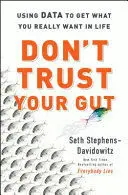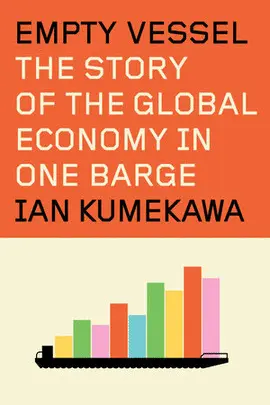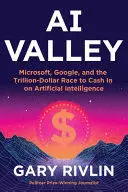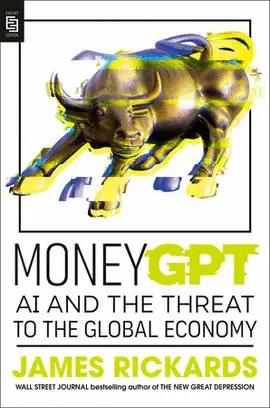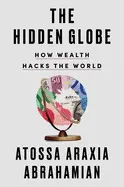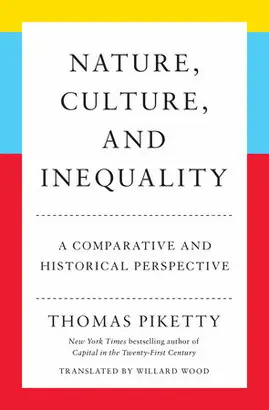"Seth Stephens-Davidowitz is more than a data scientist. He is a prophet for how to use the data revolution to reimagine your life. Dont Trust Your Gut is a tour de forcean intoxicating blend of analysis, humor, and humanity. Daniel H. Pink, #1 New York Times bestselling author of When, Drive, and To Sell Is Human
Big decisions are hard. We consult friends and family, make sense of confusing expert advice online, maybe we read a self-help book to guide us. In the end, we usually just do what feels right, pursuing high stakes self-improvementsuch as who we marry, how to date, where to live, what makes us happybased solely on what our gut instinct tells us. But what if our gut is wrong? Biased, unpredictable, and misinformed, our gut, it turns out, is not all that reliable. And data can prove this.
In Dont Trust Your Gut, economist, former Google data scientist, and New York Times bestselling author Seth Stephens-Davidowitz reveals just how wrong we really are when it comes to improving our own lives. In the past decade, scholars have mined enormous datasets to find remarkable new approaches to lifes biggest self-help puzzles. Data from hundreds of thousands of dating profiles have revealed surprising successful strategies to get a date; data from hundreds of millions of tax records have uncovered the best places to raise children; data from millions of career trajectories have found previously unknown reasons why some rise to the top.
Telling fascinating, unexpected stories with these numbers and the latest big data research, Stephens-Davidowitz exposes that, while we often think we know how to better ourselves, the numbers disagree. Hard facts and figures consistently contradict our instincts and demonstrate self-help that actually workswhether it involves the best time in life to start a business or how happy it actually makes us to skip a friends birthday party for a night of Netflix on the couch. From the boring careers that produce the most wealth, to the old-school, data-backed relationship advice so well-worn its become a literal joke, he unearths the startling conclusions that the right data can teach us about who we are and what will make our lives better.
Lively, engrossing, and provocative, the end result opens up a new world of self-improvement made possible with massive troves of data. Packed with fresh, entertaining insights, Dont Trust Your Gut redefines how to tackle our most consequential choices, one that hacks the market inefficiencies of life and leads us to make smarter decisions about how to improve our lives. Because in the end, the numbers dont lie.


